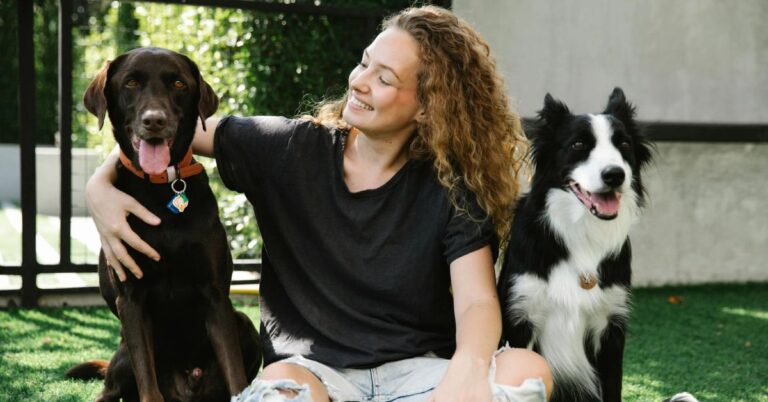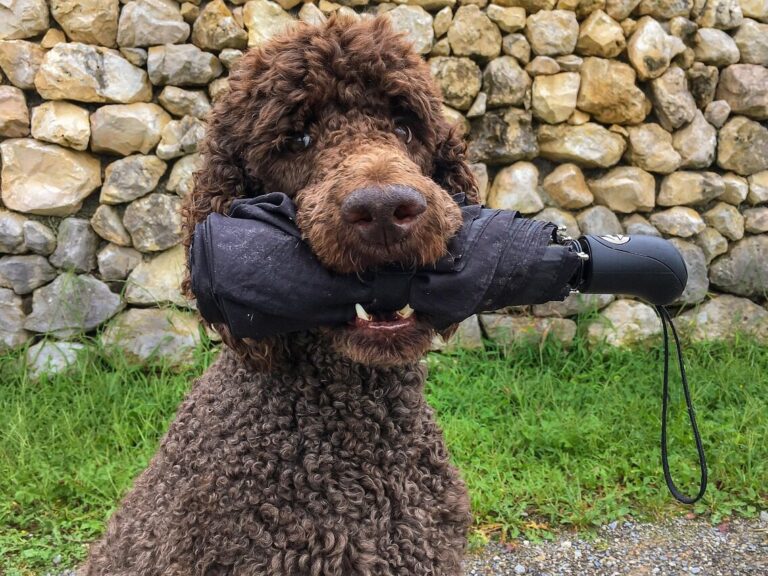10 Small Changes That Could Reveal A Bigger Problem In Dogs

You know your dog’s habits better than anyone, which is why the smallest changes can feel big. When things seem a little off, it’s usually for a reason. Tuning in early helps you catch signs that often hide in plain sight until they can’t be ignored.
Constant Fatigue

You might spot your dog napping longer or seeming uninterested in daily routines. While occasional laziness is harmless, lasting changes could signal discomfort or mental fatigue. Try rotating enrichment activities or adding short walks. If the pattern continues, a quick vet visit provides helpful clarity.
Coat Lacks Its Natural Shine

A once-silky coat turning dull or greasy deserves attention. Grooming gaps or missing nutrients often play a role. So, consider switching to a food with skin-supportive ingredients and stick to gentle brushing every few days. When the shine returns, it’s often a sign of overall wellness.
Loss Of Interest In Walks

If your dog no longer perks up at leash time, aging joints could be to blame. Look for signs like hesitation, limping, or stiffness after rest. Don’t ignore it because this could mean they’re walking through discomfort and unable to convey their pain through words.
Unpleasant Breath That Lingers

A strong, persistent odor coming from your dog’s mouth often signals more than missed brushing. Tartar buildup or even oral infections may be at play. Start with a vet dental exam to rule out serious issues. Afterward, build a routine with dog-safe toothpaste, dental chews, or wipes to keep their mouth cleaner.
Constant Licking Or Chewing

A dog’s tendency to fixate on one spot is often a sign of discomfort. Whether caused by a bite or irritation, cleaning the area and offering gentle attention can help them feel more comfortable and ease their focus elsewhere.
Sudden Weight Loss

If the dog’s shape seems off lately, don’t brush it aside. Weight gain might mean too many treats or not enough movement. But unexplained weight loss could signal issues like thyroid disease, diabetes, parasites, or even cancer. A vet visit can also help you catch potential problems early before they escalate.
Meals Are Left Untouched

When food sits in the bowl for hours, your dog’s trying to tell you something. Changes in appetite could stem from things like dental pain or stomach discomfort. Try consulting your vet first to uncover the cause before altering their feeding routine or diet, since wrong moves can worsen their appetite.
Sudden Aggression

Noticing your dog tearing things up or acting unusually down after being alone? They may be struggling with the long separation hours. However, sometimes, working owners can’t help this. So, try leaving on calming music or introducing a few new toys. Even a small dose of affection before you go can ease their stress.
Nervousness Around Familiar Faces

A pet pulling away from familiar people might be reacting to something that feels off. Changes in routine, tension at home, or a single bad interaction can shake their trust. Gentle interactions over time can rebuild the trust they may have lost.
Trouble Settling Down At Night

Some dogs can’t seem to settle at night, and that change can feel sudden. It can be a sign that they’re feeling off physically or emotionally. Try tweaking their evening routine, and if nothing improves, your vet can help figure out what’s behind the shift.





